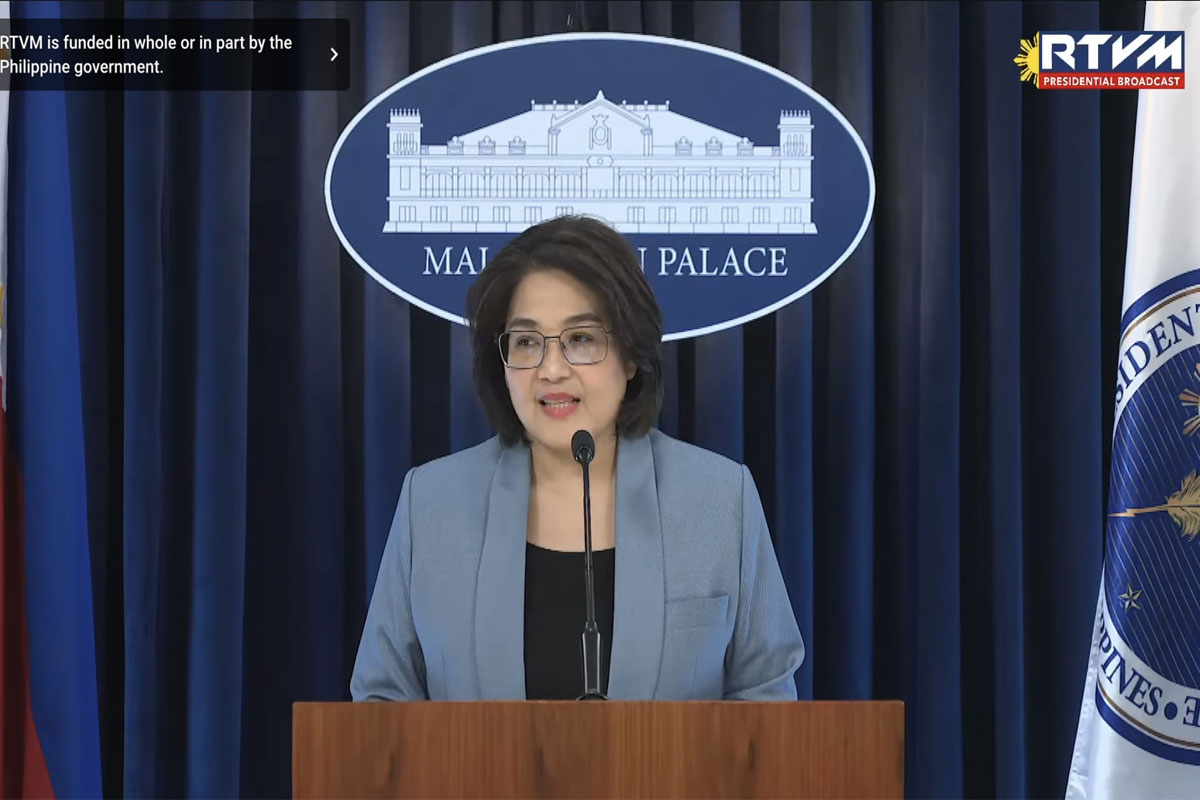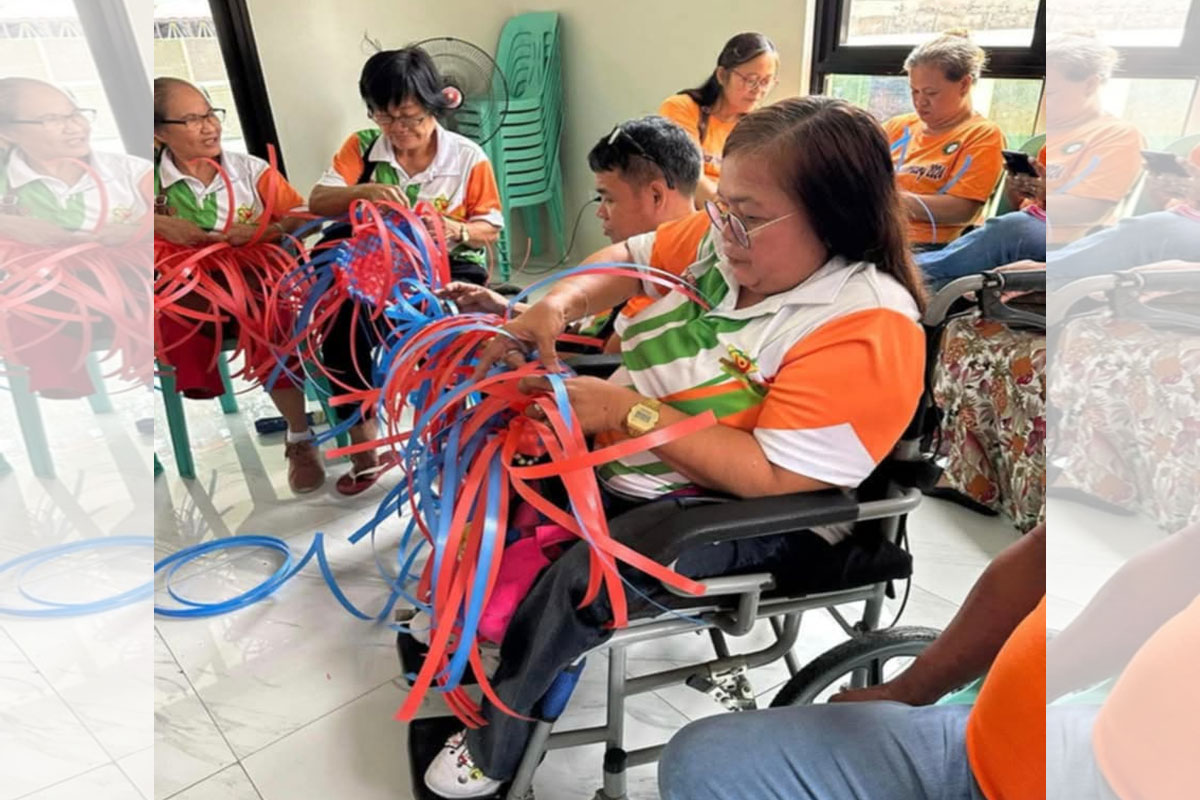
Better protection for OFWs sought
SENATOR Risa Hontiveros yesterday called for stronger safety measures to better protect the rights and well-being of overseas Filipino workers (OFWs), as she is set to meet distressed OFWs in the State of Qatar who have been victims of abuse and harassment.
In her official trip to the Middle Eastern nation, Hontiveros will make contact with at least 50 OFWs who have reportedly suffered at the hands of their employers.
She will also hold discussions with Philippine diplomatic and labor officials – as well as migrant community leaders – on how government programs and policies could ensure the safety of migrant workers.
Hontiveros, who chairs the Senate Committee on Women, Children, Family Relations and Gender Equality, expressed alarm at the acts of physical and emotional abuse, and unfair labor practices perpetrated against Filipino workers in Qatar- particularly against women serving in domestic roles.
“According to government records, 57 percent of OFWs deployed in Qatar are household workers, and a majority of them are women who are especially vulnerable to abuse by employers. Kailangan nating makinig sa mga kababayan nating biktima ng pananakit, pang-aabuso at iba pang krimen, at kumilos para hindi maulit ang malungkot nilang karanasan,” Hontiveros said.
The senator pointed out that Migrant Workers Offices in Qatar and other similarly-situated countries must be empowered and properly trained to better assist distressed Filipino workers, particularly “runaway” workers who are facing threats from their employers or other persons. She also urged the Department of Migrant Workers (DMW) and the Department of Foreign Affairs (DFA) to step up their capacity to monitor and reach out to distressed workers.
Hontiveros added that pre-departure orientation seminars for vulnerable OFWs- like domestic workers – must be enhanced so that workers are “fully and consciously aware” of the cultural, religious, social and even linguistic challenges that they may face.
Noting that violations of employment contracts – such as those relating to workers’ benefits – continue to be an issue for OFWs, Hontiveros said that the DFA and DMW should work closely with their foreign counterparts “to ensure that the safe working conditions, and expanded rights and benefits under Qatar’s new unified and enhanced standard employment contracts for Filipino workers are strictly enforced.”
Hontiveros, who authored the Expanded Anti-Trafficking in Persons Act, and is leading the Senate probe on illegal POGOs, then said that Philippine state agencies should renew their efforts to prevent Filipinos from being victimized by human trafficking scams, or by employers and placement agencies which impose unjust and slave-like working conditions.
























